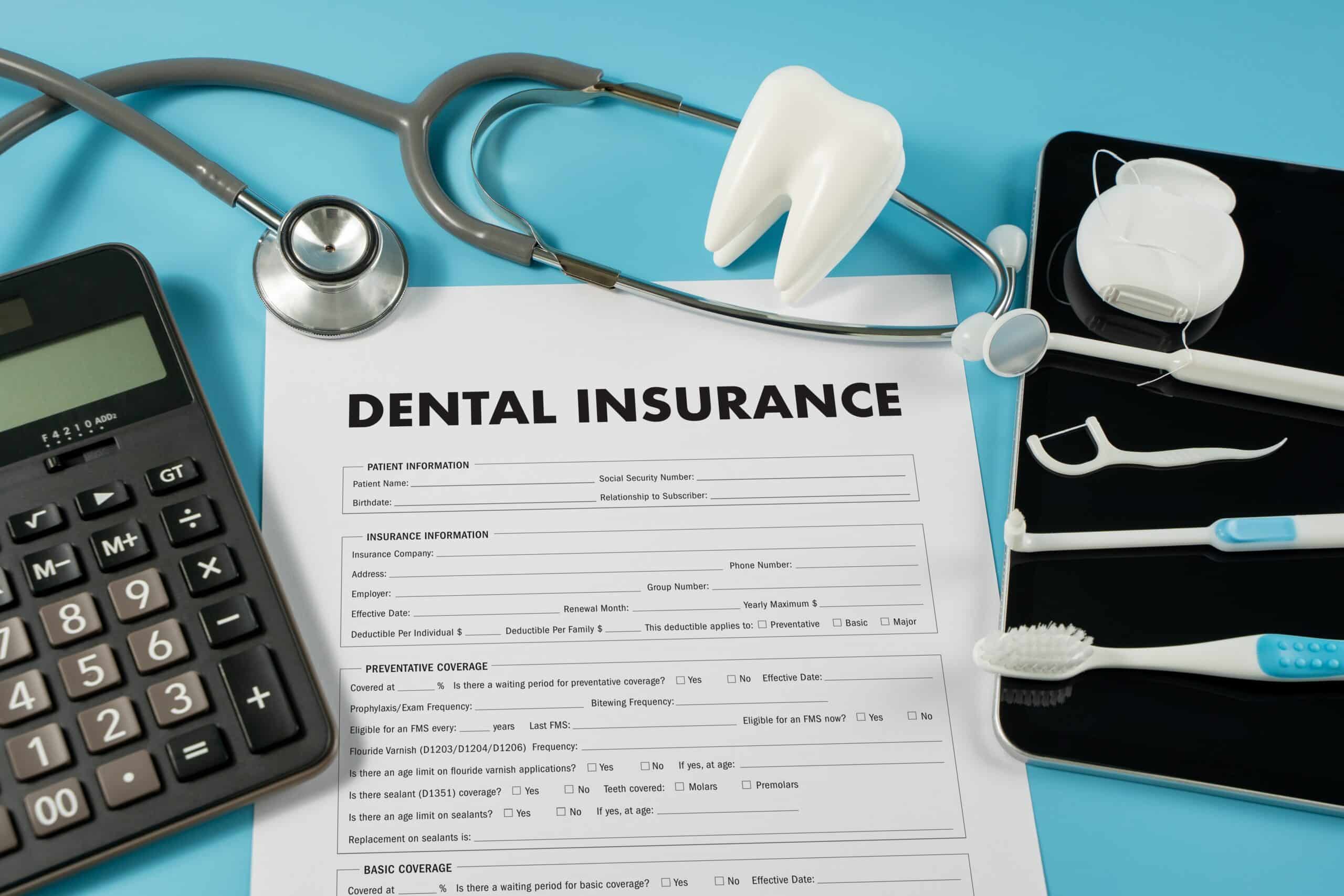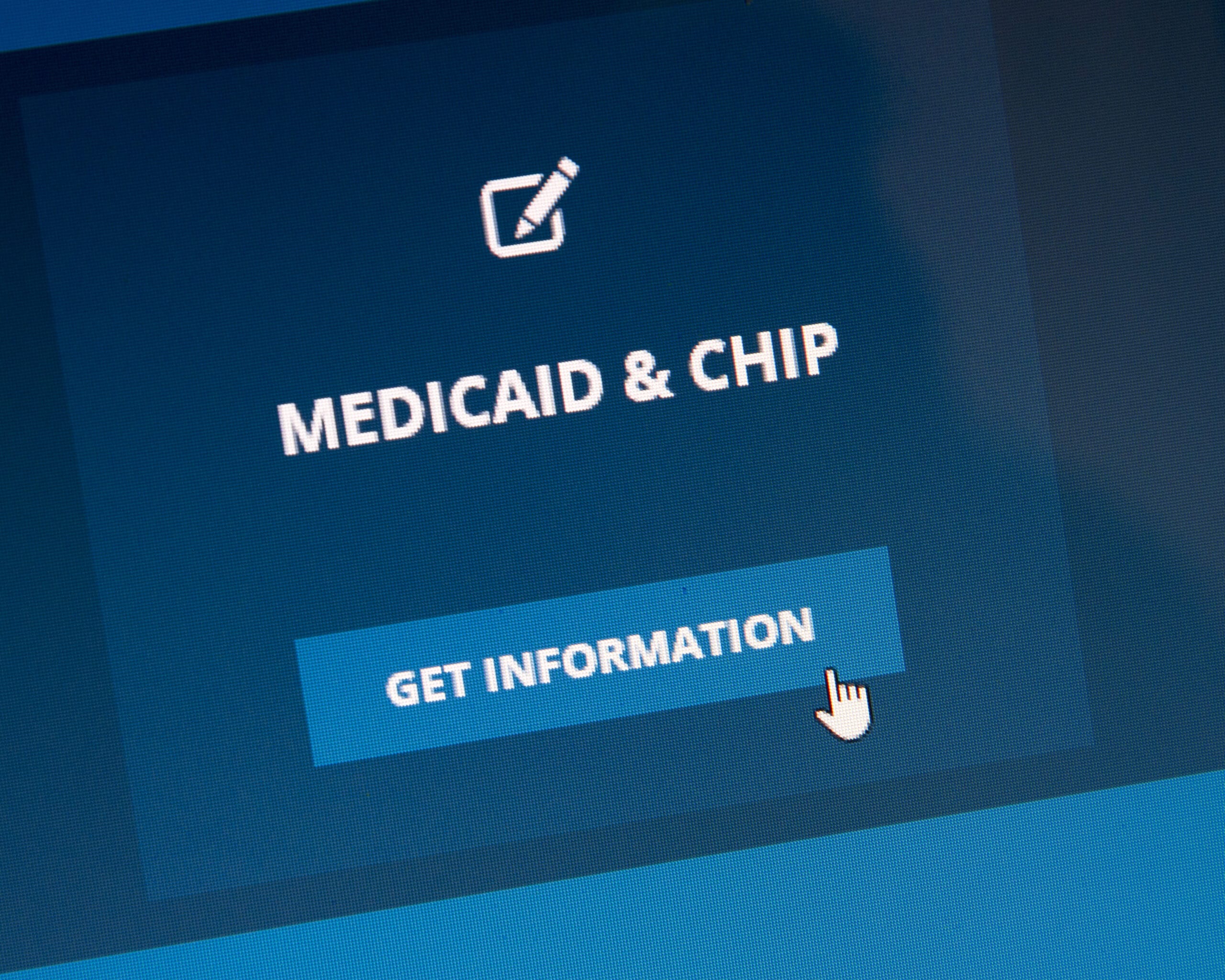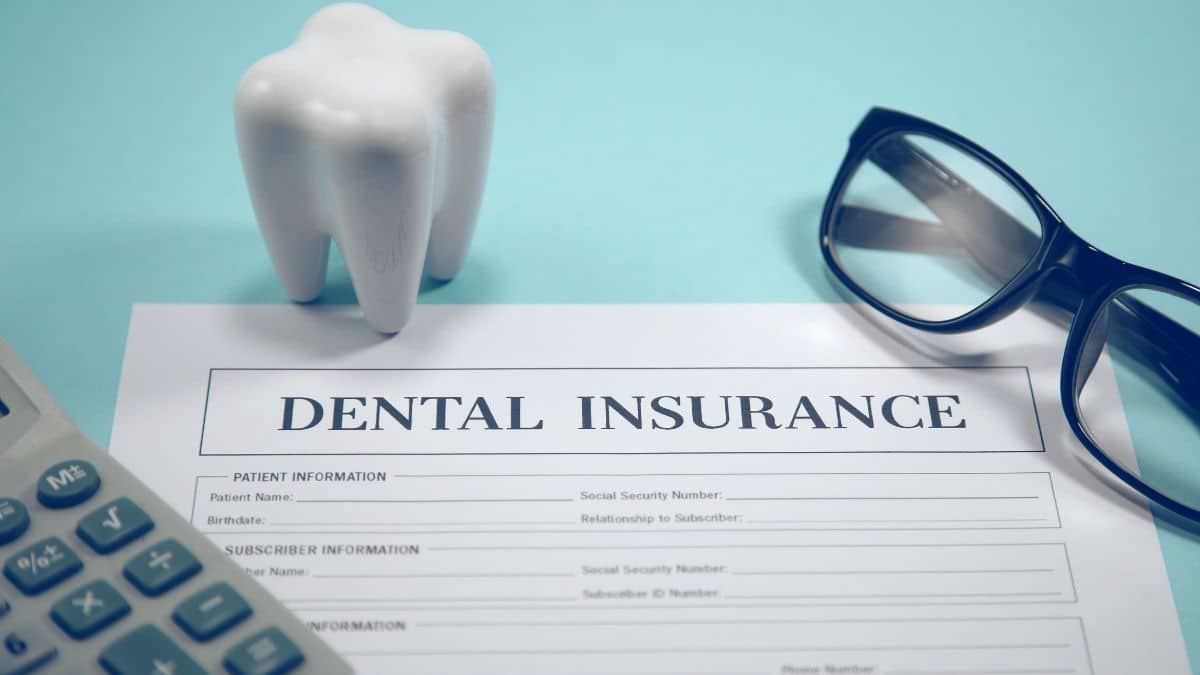Are you wondering, “Is it possible to see a dentist without insurance?” Well, the straightforward answer is yes. I’m here to tell you that seeing a dentist without insurance isn’t only possible but also quite manageable if done right. Let’s delve into this topic and help shed some light on how you can take care of your dental health without breaking the bank.
The high costs associated with dental work often deter people from seeking necessary treatment. This scenario is particularly true for those who don’t have dental insurance or whose coverage doesn’t adequately cover their needs. But rest assured, there are options out there for uninsured individuals seeking oral healthcare.
While it may seem daunting at first, several strategies can make going to the dentist more affordable even without insurance. From low-cost clinics and sliding scale fees to payment plans and preventive care – these methods offer viable ways of maintaining good oral hygiene while keeping costs under control.
Understanding Dental Care Without Insurance
Imagine this: you’ve got a toothache that just won’t quit, but you’re without dental insurance. Does it mean that the dentist’s office is off-limits? Absolutely not! I’m here to tell you that there are options for those who find themselves in this predicament.
Firstly, let’s debunk a common myth. It’s often assumed that without insurance, dental care becomes unaffordable. But here’s the reality – numerous dentists provide cash discounts for uninsured patients because they don’t have to deal with insurance companies. These discounts can sometimes make out-of-pocket costs lower than what insured patients might pay after co-pays and deductibles.
Now let me bring up another point – payment plans. Many dental offices offer these flexible arrangements which allow you to spread your payments over several months or even years in some cases.
Consider also community health clinics and teaching hospitals as alternatives. These places often provide dental services at a reduced cost since they’re staffed by students under close supervision of experienced instructors.
Lastly, I’d like to highlight discount plans or membership clubs offered by many dentists nowadays which can lead to significant savings on various procedures from cleanings and fillings to more complex treatments like root canals or crowns.
It may seem daunting at first glance but remember – no one should go without necessary oral healthcare due to lack of coverage!
The Importance of Regular Dental Check-Ups

Ever thought about what’s happening inside your mouth? I mean, it’s not just for eating and talking. It plays a significant role in maintaining overall health. Here’s where regular dental check-ups come into play.
Why are these appointments so crucial, you may ask? Well, it isn’t merely about having pearly whites or avoiding bad breath (though those things are important too!). It’s also about keeping an eye on potential issues that could become serious if left unchecked. For instance, your dentist can detect early signs of oral cancer – a disease that is highly treatable when caught early but can be deadly otherwise.
Now let’s talk numbers to illustrate the point better:
| Condition | People Affected Annually (US) |
|---|---|
| Tooth Decay | 91% of adults aged 20-64 |
| Gum Disease | Over half of Americans over age 30 |
These stats highlight just how widespread common dental problems are among US adults – and they’re preventable with regular care!
You might be thinking “I brush and floss daily; why do I need check-ups?” Good question! While brushing and flossing at home is critical for oral hygiene, there’s only so much we can see or reach ourselves. A professional cleaning removes hardened plaque (called tartar) that builds up despite our best efforts at home. Plus dentists have the expertise to spot other conditions like gum diseases earlier than you might notice symptoms yourself.
But here comes the elephant in the room: cost without insurance coverage! Don’t worry; later in this article we’ll discuss ways you can still get necessary dental care without breaking the bank even if you don’t have insurance.
So remember folks—regular check-ups aren’t just for kids! Make them part of your routine because neglecting your oral health now could lead to painful—and costly—problems down the line.
Dental Costs for Uninsured Patients: A Breakdown
Let’s cut to the chase. Visiting a dentist without insurance can be a daunting prospect, primarily due to the potentially high costs involved. I’ll take you through some basic dental procedures and their typical prices so that you know what you’re up against.
Routine check-ups, which include cleaning and an examination, might set you back anywhere between $50 to $200 per visit if uninsured. If there’s a need for X-rays during these visits – and often there is – expect an additional cost of about $20-$250.
In case your teeth require more than just cleaning – fillings or extractions – brace yourself for heftier bills. The average price range for tooth fillings falls between $90-$450 per filling depending on material used while tooth extraction may cost anywhere from $75-$650 per tooth again depending on complexity.
For extensive dental work like root canals or crowns, here’s where things get seriously pricey:
| Procedure | Cost Range |
|---|---|
| Root Canal | $300-2,000 |
| Crown | $500-3,000 |
These are ballpark figures but they give us some insight into how steep dental expenses could climb if we don’t have any insurance coverage in place.
Now let me throw in another curveball: emergency dental care! This is typically pricier because it involves immediate attention outside regular office hours. For instance, treating severe pain with emergency root canal treatment could skyrocket costs well over the average upper limit of non-emergency procedures!
But hold on before panic sets in! While these numbers may seem alarming at first glance (and trust me they do!), it doesn’t mean that affordable dentistry isn’t within reach even without insurance:
- Several low-cost clinics operate across the country offering reduced rates.
- Some dentists offer payment plans allowing patients to pay off their dental bills over time.
- Discount dental plans, though not insurance, can provide significant savings on major procedures.
So there you have it – a breakdown of what it might cost to see a dentist without insurance. But remember, neglecting oral health could end up costing more in the long run due to complications arising from untreated issues. Therefore, I always recommend prioritizing regular check-ups and treatments regardless of your insurance status.
Cheap Alternatives to Traditional Dental Insurance

I’m often asked if it’s possible to get dental care without insurance. The answer is, absolutely! There are plenty of affordable alternatives out there that can help make your next trip to the dentist a little less daunting on your wallet.
One popular alternative is discount dental plans. These aren’t insurance, but rather membership programs where you pay an annual fee and receive discounts at participating dentists. It’s not uncommon for these discounts to be as high as 60%. For those who need regular cleanings and check-ups, this can result in substantial savings.
Another option worth considering is going directly through dental schools or clinics. These institutions often offer lower rates because their services are performed by students under the supervision of experienced instructors. While this may sound risky, remember these students are closely monitored and eager to do well – they’re future professionals after all!
Let’s also talk about charity events or non-profit organizations like Dentistry from the Heart and Mission of Mercy offering free or low-cost treatment options across many states in America each year:
- Dentistry from the Heart: A worldwide nonprofit organization dedicated providing free dental care for those in need.
- Mission of Mercy: Provides free healthcare, including dentistry, in various locations around America.
Lastly but certainly not leastly (is that even a word?), consider payment plans offered by some dentists or financing companies like CareCredit which allow you break down your costs into manageable monthly payments.
In summary? Yes – there ARE cheap alternatives available when it comes to getting essential oral health care without traditional insurance. And while none will quite match up perfectly with having full coverage dental insurance – they might just save you enough money on routine procedures making them worth looking into!
Exploring Low-Cost and Free Clinics for Oral Health Care
I’m here to tell you, folks, it’s possible to get dental care without insurance. And I’m not talking about home remedies or do-it-yourself fixes. There are places where one can receive professional dental treatment at a fraction of the cost – or even free! This section will explore low-cost and free clinics that offer oral health care.
Firstly, let’s talk about community health centers funded by the federal government. These centers exist all across America and they’re designed specifically to provide affordable healthcare services – including dental – regardless of your insurance status. Here’s an interesting fact: in 2019 alone, these federally qualified health centers served over 29 million people! It’s worth noting though that costs aren’t always waived entirely; many clinics operate on a sliding fee scale based on income.
Next up are nonprofit organizations like Dentistry from the Heart and Mission of Mercy who host events providing free dental services across various locations in the U.S. They’re staffed by volunteer professionals dedicated to serving those who can’t afford regular check-ups or treatments.
Another option is reaching out to universities with dentistry programs. Many have associated clinics where students gain hands-on experience under supervision of experienced faculty members – offering their services at significantly reduced rates compared with private practice dentists.
Lastly, there are online platforms such as Brighter.com which aim at connecting patients without insurance directly with dentists who offer affordable payment options for treatments.
Remember though: prevention is better than cure! Regular brushing, flossing and eating healthy goes a long way in maintaining oral hygiene thereby reducing potential future costs.
To summarize:
- Look into federally funded community health centres
- Check out non-profit organizations offering free service events
- Consider university-affiliated clinics for discounted treatments
- Explore online platforms linking patients directly with affordable-care providers
How Medicaid and CHIP Can Help with Dental Expenses

If you’re concerned about the cost of dental care without insurance, don’t worry. There are programs out there like Medicaid and the Children’s Health Insurance Program (CHIP) that can help ease these expenses. These government-funded programs aim to assist low-income individuals and families in affording healthcare services, including dental work.
Medicaid is one such program that may cover your dental needs. While its coverage varies by state, it’s important to note that all states provide at least some emergency dental services for adults. Furthermore, under this program children receive more comprehensive benefits through a provision known as Early Periodic Screening Diagnostic Treatment (EPSDT). This includes routine check-ups, x-rays, fillings and even orthodontics if deemed medically necessary.
Similarly beneficial is CHIP – designed specifically for families who earn too much to qualify for Medicaid but still struggle with medical costs. In terms of oral health care provisions for kids under 19 years old include cleanings twice a year; repairs of cavities or defects; surgical procedures necessary because of disease or accident; periodic x-rays etc., essentially offering full-scale pediatric dentistry assistance.
To summarize:
- Medicaid: provides at least emergency adult dental services in all states.
- Children’s Health Insurance Program (CHIP): offers extensive child dentistry aid up until 19 years old.
Despite these helpful measures though navigating public assistance isn’t always straightforward so I encourage you to reach out directly to your state’s Medicaid office or local health department they’ll be able to provide information tailored specifically towards your situation.
Remember folks – lacking insurance doesn’t necessarily mean sacrificing proper oral hygiene! With options like Medicaid & CHIP available taking control over those pearly whites might just be easier than you think!
Negotiating Lower Prices Directly With Your Dentist
Let’s face it, dental work can be expensive. Especially if you’re footing the bill without insurance. But here’s a little secret: sometimes, you can negotiate lower prices directly with your dentist.
Before I dive into how to do this, let me clarify that not all dentists will be open to negotiation. Yet it doesn’t hurt to ask! Now onto the good stuff…
The first step in negotiating is understanding what procedures or services you need and their average costs. Once armed with this information, call up your dentist’s office and inquire about payment options for uninsured patients like yourself.
Some practices may offer a discount for prompt payment or even have a sliding fee scale based on income levels – yes really! Others might provide an option of installment payments over time. If there are no existing arrangements mentioned by them upfront, don’t hesitate in asking outright if they would consider offering a reduced rate for immediate full payment or any other flexible financing option which could lighten your financial load.
Here are some quick tips when navigating these discussions:
- Do your research beforehand – know the usual cost of treatment.
- Don’t be afraid to ask direct questions about pricing.
- Be polite but firm during negotiations – remember both parties want an agreeable outcome!
- Explore alternative treatments that could cost less but still address your dental issue effectively.
In conclusion (and without making any false claims), while getting affordable dental care sans insurance may require some savvy negotiation skills and additional effort on our part – it isn’t impossible! So take control of those pearly whites without letting them burn a hole through your wallet!
Remember though; this strategy relies heavily on individual circumstances so results may vary from person to person depending upon their specific situation and dentist’s discretion.
In Conclusion: Navigating the World of Dentistry Without Insurance
So, we’ve finally reached the end of our journey, exploring whether it’s possible to see a dentist without insurance. My hope is that you now understand your options and feel empowered to take control of your dental health.
Firstly, let me remind you about dental schools. They can offer quality care at a reduced cost. This could be an ideal choice if you’re not in a hurry and don’t mind being treated by supervised students.
Let’s also remember free or low-cost clinics run by charitable organizations. These are great resources for those who truly can’t afford any out-of-pocket expenses.
And then there’s negotiating directly with dentists for discounted rates or payment plans – many practitioners are willing to work with patients financially when insurance isn’t part of the equation.
It might seem overwhelming at first but keep in mind that thousands navigate these waters every day successfully:
- Dental Schools: Quality care from supervised students
- Free Clinics: Run by charitable organizations
- Negotiation with Dentists: Possible discounts & payment plans
Above all else, remember this: going without dental insurance doesn’t mean sacrificing good oral health! With careful planning and research, affordable solutions are within reach.
In summing up my final thoughts on this matter – no one should have to go without necessary dental treatment due to lack of insurance coverage. It’s essential we spread awareness about these alternatives so more people can smile confidently knowing their teeth are healthy and well taken care of!
Keep striving towards healthier smiles because everyone deserves access to affordable dental healthcare! I’m confident you’ll find what works best for your situation as long as you stay informed and proactive.


